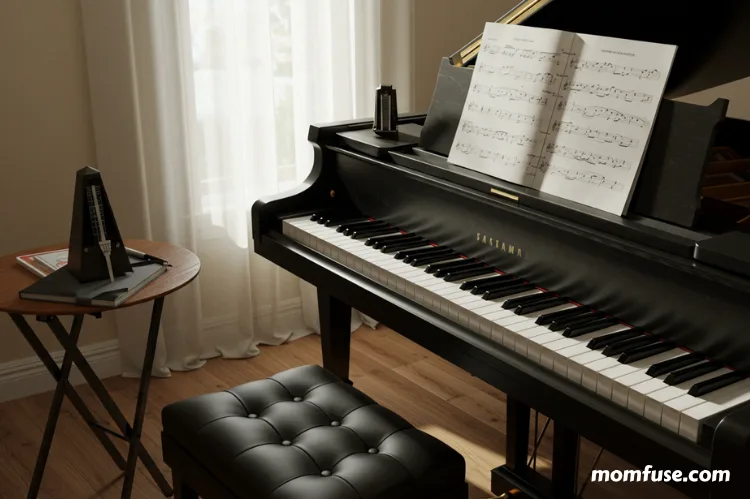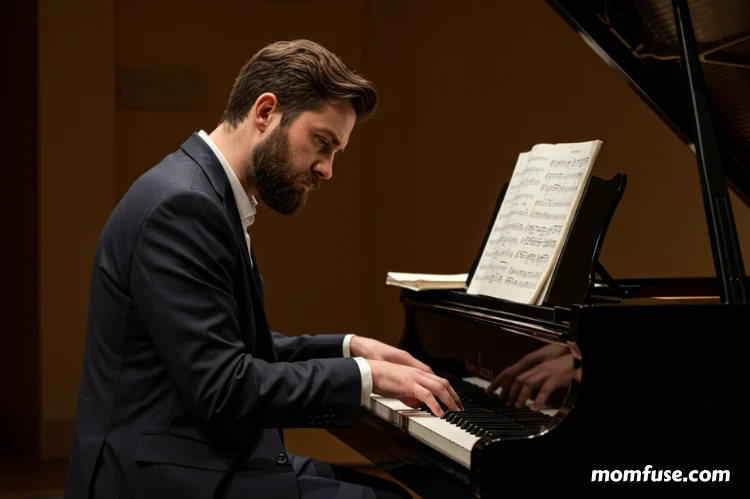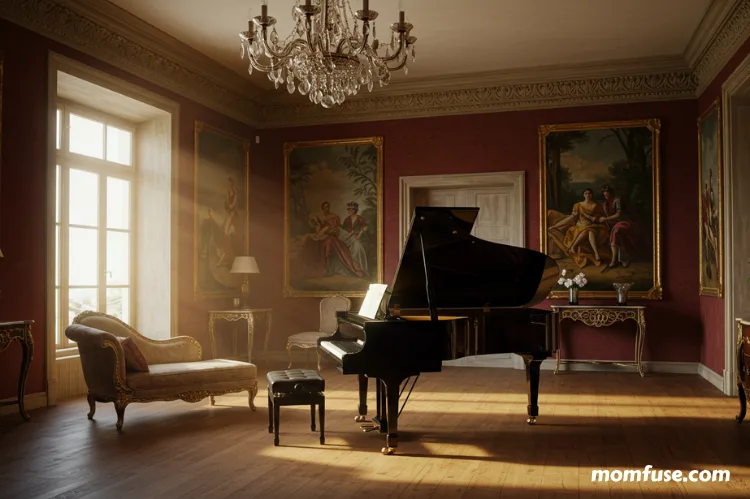Learning piano is a practice of passion, patience, and consistent effort. There is always room to become better, whether you are a beginner or a seasoned veteran of decades of playing the piano. It does not just take hours you’ve played on the keys to be a fine piano player, but practicing smarter, developing your technique, and musicality. The following five easy, actionable ways help you become a good pianist.
Set Clear Goals and Celebrate Progress

Playing the piano is a process, so you’re better off incorporating small, attainable goals along the way where you can accomplish something in the process. Having goals defined will make your practice worthwhile and meaningful.
You also need to acknowledge the small wins, as this will give you the motivation to keep refining your skills. Most importantly, measure your progress, which will give you an image of how far you’ve come in piano playing. If incorporating the musical aspect into your wellness, also recognize how healthier you have become physically and mentally.
Practice Consistently

Regular daily practice is far more valuable than infrequent full-day practice. Consider breaking up your practice into three or four short sessions a week. This will be more helpful than trying to do it over one or two days.
Create a routine calendar and stick with it as much as possible. For follow-up, things to keep track of, and keeping it organized, use a piano practice log. This will also make you better in your streaks, planning, and reflection, making you a better pianist.
Practice Proper Technique

Good technique creates good piano playing. Take care of your posture, finger shape, and finger movement. Slouching or stiff wrists cause tension, pain, or long-term damage. Soft shoulders and curving fingers are more sensitive and smooth.
While you play, it is a good idea to monitor your technique occasionally. You can do this in front of a mirror or tape yourself and listen back to it. That way, you can hear bad habits that you may not have even been aware of yourself. It is simpler to learn good technique to begin with than to try to correct bad habits afterwards.
Break Down Difficult Sections

Every individual, new or experienced pianist, has several trouble spots that they are struggling with in a piece. Rather than playing the entire piece a million times through from beginning to end, focus on practicing your areas of difficulty and get through them slowly and deliberately, item by item. This will engage your fingers and your mind to memorize the tricky bits and rhythms prior to attempting to put them together as one entire piece.
When practicing challenging passages, play them hands separately first and then gradually bring them together once both hands feel comfortable. Practice with slow tempos, note dynamics, and articulation, and then go faster as ease of playing increases. This methodical practice builds confidence and prevents frustration.
Train Your Ears and Musical Sensitivity

Playing the piano is more than getting the right notes, but playing and expressing feelings. With a good ear, you can play musically, pick up on errors earlier, and even be able to improvise or play by memory. Listen intently to recordings of the great pianist and listen for tone, rhythm, and dynamics.
To enhance your pitch ear, rehearse an interval or melody. Practice tempo and dynamics in practice for yourself to understand how various decisions produce mood and atmosphere in a piece of work. Sensitivity to music translates notes into expression, and that is what audiences react to.
Endnote
To become a fine pianist, you should have dedication, regular practice, and consciousness. Progressive perfection is possible through consciousness of purpose, impeccable technique, and devotion to good music. Everyday aids such as a piano practice diary enable you to monitor progress and remain on track. Be sure to maintain consistency and be patient with yourself.
Read Next: Balloon Decor Tools and Tricks for Event Success
Jessica Fuqua is a mom of two who writes about the messy, beautiful reality of raising kids. She believes parenting advice should feel like a conversation with a friend, not a lecture. When she’s not writing, she’s probably reheating the same cup of coffee for the third time.

